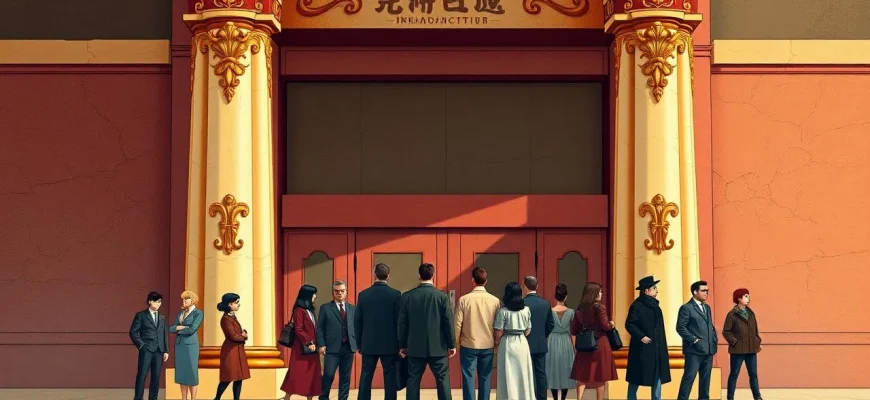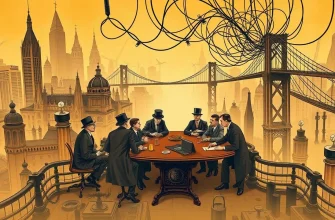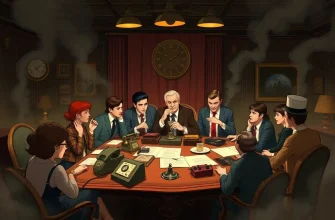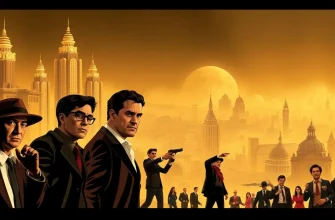Political repression has been a dark chapter in many societies, and cinema has often been a medium to shed light on these harrowing times. This curated list of 7 films delves into the heart of political oppression, showcasing stories of courage, resistance, and the human spirit's resilience. These films not only entertain but also educate, offering a poignant reflection on the consequences of authoritarianism and the fight for freedom.
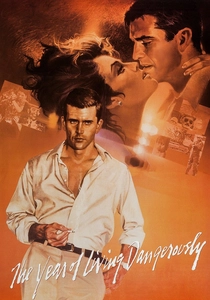
The Year of Living Dangerously (1982)
Description: Set during the political upheaval in Indonesia in 1965, this film follows an Australian journalist covering the events, exploring themes of foreign intervention and local resistance.
Fact: Linda Hunt won an Academy Award for Best Supporting Actress for her role as a male Chinese-Australian photographer, a rare instance of an actress winning for playing a male character.
 Watch Now
Watch Now
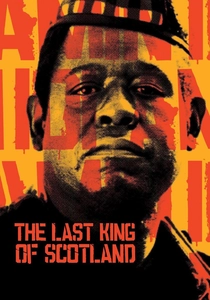
The Last King of Scotland (2006)
Description: This film tells the story of a Scottish doctor who becomes the personal physician to Ugandan dictator Idi Amin, witnessing firsthand the brutal political repression under his rule.
Fact: Forest Whitaker won an Academy Award for Best Actor for his portrayal of Idi Amin, and the film was shot on location in Uganda.
 Watch Now
Watch Now
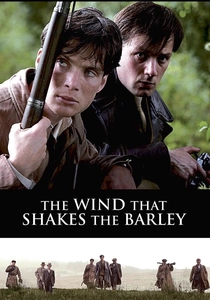
The Wind That Shakes the Barley (2006)
Description: Set during the Irish War of Independence and the subsequent Civil War, this film examines the personal and political turmoil faced by two brothers on opposite sides of the conflict.
Fact: It won the Palme d'Or at the Cannes Film Festival, and its director, Ken Loach, is known for his politically charged films.
 Watch Now
Watch Now
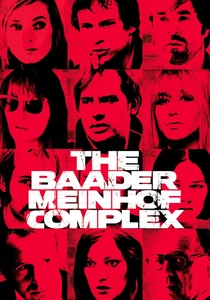
The Baader Meinhof Complex (2008)
Description: This German film recounts the rise and fall of the Red Army Faction, a militant group that terrorized West Germany in the 1970s, highlighting the political and social unrest of the time.
Fact: It was nominated for the Best Foreign Language Film at the Academy Awards, and its depiction of the group's activities was controversial in Germany.
 Watch Now
Watch Now
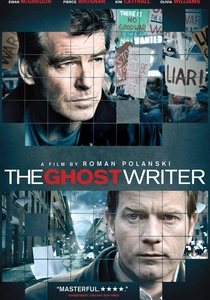
The Ghost Writer (2010)
Description: A ghostwriter hired to complete the memoirs of a former British Prime Minister uncovers a web of political intrigue and potential war crimes, leading to his own peril.
Fact: Roman Polanski directed this film, and it was his first English-language film in over 20 years.
 Watch Now
Watch Now
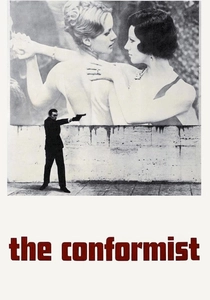
The Conformist (1970)
Description: This Italian film follows a man who, in an attempt to fit into fascist Italy, becomes an assassin for Mussolini's regime, exploring themes of conformity, identity, and political betrayal.
Fact: Bernardo Bertolucci's film was inspired by the novel of the same name by Alberto Moravia, and its cinematography, particularly the use of light and shadow, is often studied in film schools.
 30 Days Free
30 Days Free
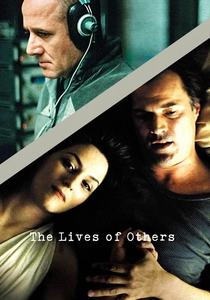
The Lives of Others (2006)
Description: Set in East Germany, this film explores the life of a Stasi officer who begins to question his role in spying on a playwright and his actress lover, leading to a profound transformation in his own life.
Fact: The film won the Academy Award for Best Foreign Language Film in 2007, and its director, Florian Henckel von Donnersmarck, was only 33 when he made this debut feature.
 30 Days Free
30 Days Free

